Uniform policies available in multiple languages
New York State’s Enough is Enough law (Education Law Article 129-B) requires that all colleges and universities in New York adopt and implement the same:
- definition of affirmative consent,
- policy providing amnesty to students reporting incidents of sexual assault, domestic violence, dating violence or stalking from internal institutional violations for drug or alcohol use, and
- listing of student rights pursuant to Enough is Enough.
Each of these uniform documents, which are set forth in their entirety below, has been translated into more than 100 languages, including American Sign Language. You can access the complete list of languages into which the documents have been translated by visiting:
SUNY Sexual Assault & Violence Response (SAVR) Resources page

Definition of Affirmative Consent
Affirmative consent is a knowing, voluntary, and mutual decision among all participants to engage in sexual activity. Consent can be given by words or actions, as long as those words or actions create clear permission regarding willingness to engage in the sexual activity. Silence or lack of resistance, in and of itself, does not demonstrate consent. The definition of consent does not vary based upon a participant’s sex, sexual orientation, gender identity, or gender expression.
- Consent to any sexual act or prior consensual sexual activity between or with any party does not necessarily constitute consent to any other sexual act.
- Consent is required regardless of whether the person initiating the act is under the influence of drugs and/or alcohol.
- Consent may be initially given but withdrawn at any time.
- Consent cannot be given when a person is incapacitated, which occurs when an individual lacks the ability to knowingly choose to participate in sexual activity. Incapacitation may be caused by the lack of consciousness or being asleep, being involuntarily restrained, or if an individual otherwise cannot consent. Depending on the degree of intoxication, someone who is under the influence of alcohol, drugs, or other intoxicants may be incapacitated and therefore unable to consent.
- Consent cannot be given when it is the result of any coercion, intimidation, force, or threat of harm.
- When consent is withdrawn or can no longer be given, sexual activity must stop.
Amnesty from Drug and Alcohol Use Conduct Charges
The health and safety of every student at Rockland Community College is of utmost importance. RCC recognizes that students who have been drinking and/or using drugs (whether such use is voluntary or involuntary) at the time that violence, including but not limited to domestic violence, dating violence, stalking, or sexual assault occurs may be hesitant to report such incidents due to fear of potential consequences for their own conduct. RCC strongly encourages students to report domestic violence, dating violence, stalking, or sexual assault to institution officials. A bystander acting in good faith or a reporting individual acting in good faith that discloses any incident of domestic violence, dating violence, stalking, or sexual assault to RCC officials or law enforcement will not be subject to RCC’s Code of Conduct action for violations of alcohol and/or drug use policies occurring at or near the time of the commission of the domestic violence, dating violence, stalking, or sexual assault.
Student Bill of Rights
All students have the right to:
- Make a report to local law enforcement and/or state police;
- Have disclosures of domestic violence, dating violence, stalking, and sexual assault treated seriously;
- Make a decision about whether or not to disclose a crime or violation and participate in the judicial or conduct process and/or criminal justice process free from pressure by the institution;
- Participate in a process that is fair, impartial, and provides adequate notice and a meaningful opportunity to be heard;
- Be treated with dignity and to receive from the institution courteous, fair, and respectful health care and counseling services, where available;
- Be free from any suggestion that the reporting individual is at fault when these crimes and violations are committed, or should have acted in a different manner to avoid such crimes or violations;
- Describe the incident to as few institutional representatives as practicable and not to be required to unnecessarily repeat a description of the incident.
- Be protected from retaliation by the institution, any student, the accused and/or the respondent, and/or their friends, family and acquaintances within the jurisdiction of the institution;
- Access to at least one level of appeal of a determination;
- Be accompanied by an advisor of choice who may assist and advise a reporting individual, accused, or respondent throughout the judicial or conduct process including during all meetings and hearings related to such process;
- Exercise civil rights and practice of religion without interference by the investigative, criminal justice, or judicial or conduct process of the institution.
Rights apply regardless of race, color, national origin, religion, creed, age, disability, sex, gender identity or expression, sexual orientation, familial status, pregnancy, predisposing genetic characteristics, military status, domestic violence victim status, or criminal conviction and regardless of whether the crime or violation occurs on campus, off campus, or while studying abroad.
You have the right to make a report to University Police or Campus Security, local law enforcement, and/or State Police or choose not to report; to report the incident to your institution; to be protected by the institution from retaliation for reporting an incident; and to receive assistance and resources from your institution.
